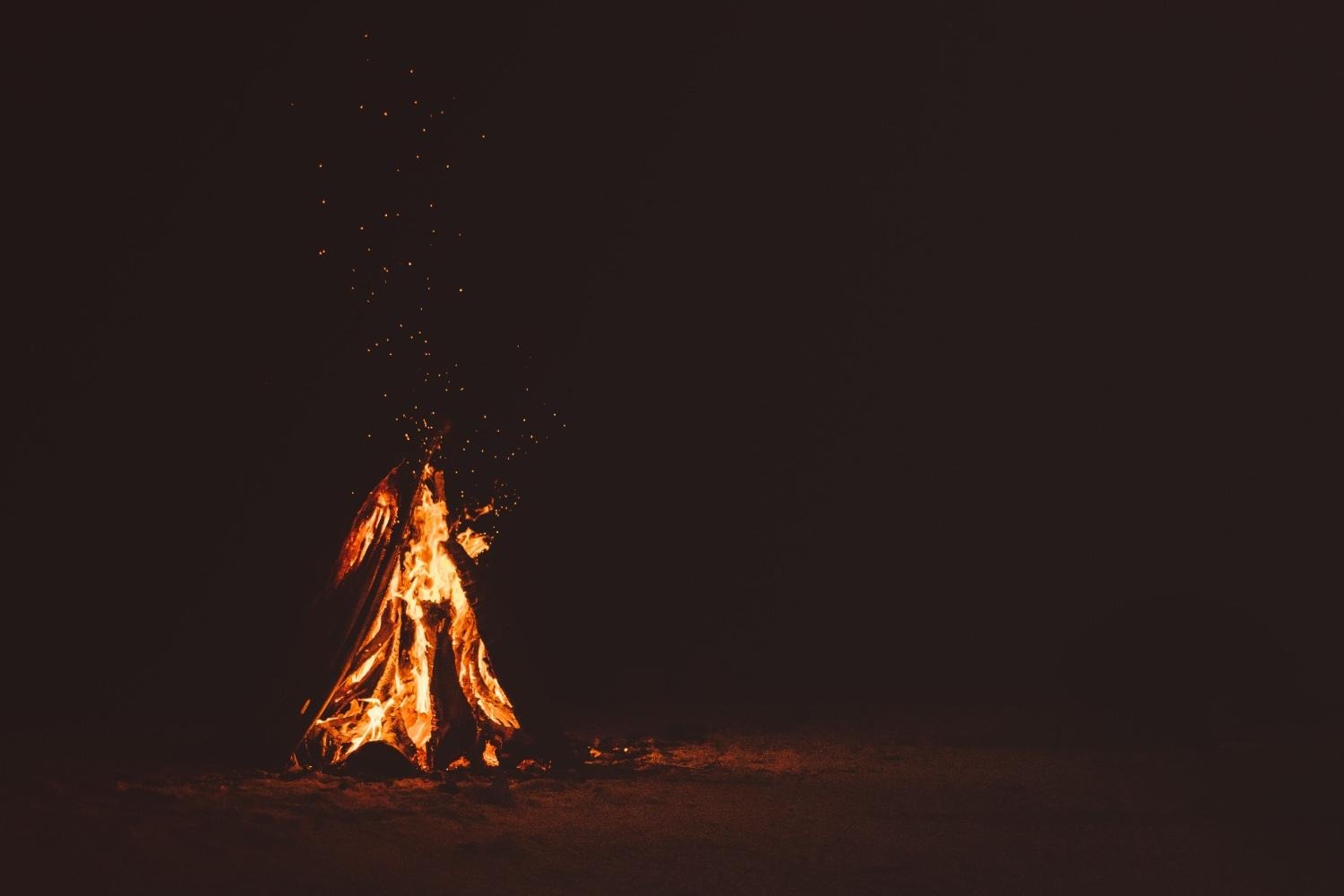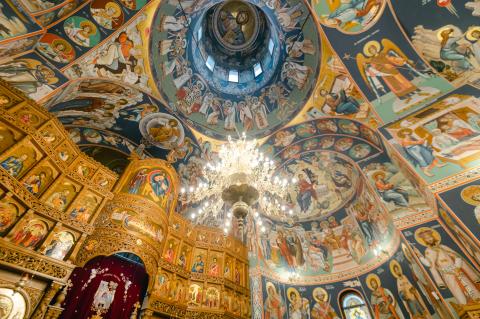
John Mayer, erstwhile popstar, wrote “Waiting on the World to Change” in 2006. One day his generation would rule the population. Then, of course, the world would change. Historically, this idea and desire are not uncommon.
It wasn’t just the people of Israel who desperately waited for their new King David to come and set things right. The Roman poet Virgil wrote of one who would be born to rule over the world and bring justice. Muslims (especially the Shia) eagerly await the coming of the Mahdi, the imam who will come before Ibn Issa (Jesus) to bring about a world to be ruled by Islam. In English mythology, the title “Rex Quondam, Rexque Futurus” (the Once and Future King) was ascribed to King Arthur who would return to restore justice. In the New Testament, King Herod was petrified of the coming of some Eastern monarch who would rule all. American political movements revolving around individual politicians who claim “I alone can fix it” or present themselves as restorers of “hope” continue this fundamental theme in human history.
Across cultures and generations, there seems to be a deep desire in the human heart that someone will come and rescue us from our condition. Not just our own personal state, but the state of things in general.
This Advent, our weekly update will consider this messianic theme as it relates to how we see the world. What does this desire mean for our hopes for this world, and how does it shape how we view the end of this world? How does the way we view death affect how we view life? Finally, what does the coming of the Prince of Peace mean for this world, especially for those of us who choose to follow the purported “King” with our lives?
In the public sphere, the United States Senate has passed the Respect for Marriage Act (RFMA) in a 61-36 vote, repealing the Defense of Marriage Act (DOMA) which had passed through both chambers of Congress with veto-proof majorities in 1996 and federally defined marriage as the union of one man and one woman. Policy experts and religious leaders warn that religious liberty protections in the bill are insufficient and that protection for the conscience rights of individuals is absent.
In Spain, pro-family advocates warn that proposed legislation would effectively redefine the concept of family. While noting that different situations often arise in people’s lives, these advocates point out that governments don’t have the authority to redefine the concept of the family, as the institution of the family “exists prior to the State and the State can only protect, improve, promote, and defend it.”
Meanwhile, a Catholic author reflects on the uniqueness of the institution of marriage (and family): “There isn’t anything else quite like it. Marriage stands out in all of creation.”
Debates concerning core social issues highlight the idea that Western civilization is continuing to move away from its classical Christian roots.
In the 1970s, an Italian philosopher argued that a new sort of totalitarianism threatened to arise in the West, founded upon scientism, eroticism, and a “theology of secularization.” He also noted that Americans were especially open to these errors due to our “genius for science, ravenous appetite for technology, and a history of radical individualism.”
More tangible evidence of this shift away from our civilizational roots is the rise of anti-Christian hate crimes across Europe. Christians remain the most targeted religious community in France. The historically-Christian nations of France, Germany, Italy, and Poland lead the continent in total number of attacks against Christians. While attacks on property (ranging from desecration to theft) are the most common, a small number of psychical attacks (including four fatal attacks) were recorded in 2021.
In the midst of these movements, Christians remain aware of the limits of worldly power. As Bishop Barron writes in a reflection on David and Goliath, David’s victory and the Resurrection of Christ remind us that “God’s love is more powerful than all of the negativity of the sinful world.”
In a letter to Ecumenical Patriarch Bartholomew I of Constantinople, Pope Francis wrote that Christian unity is an “urgent priority in today’s world.” While dialogue with leading authorities from the Russian Orthodox Church has stalled in the face of their public support for Russia’s war in Ukraine, Bartholomew leads a separate congregation of Orthodox believers. Francis expressed his gratitude for Bartholomew’s continued willingness to seek paths forward.
Across the world, a Catholic priest finds himself fighting for peace in a different capacity entirely. Silverio Ernesto Suárez heard the call to the priesthood after entering the police force in Colombia and was ordained to be a police chaplain. Decades later, Father (Major General) Suárez has been named second in command of Colombia’s National Police. From accompanying police on raids against cartels to visiting those who have been imprisoned during those raids, Fr. Suárez understands his unique vocation to be to “save souls and save lives.” Read Fr. Suárez’s story at Catholic News Agency.


